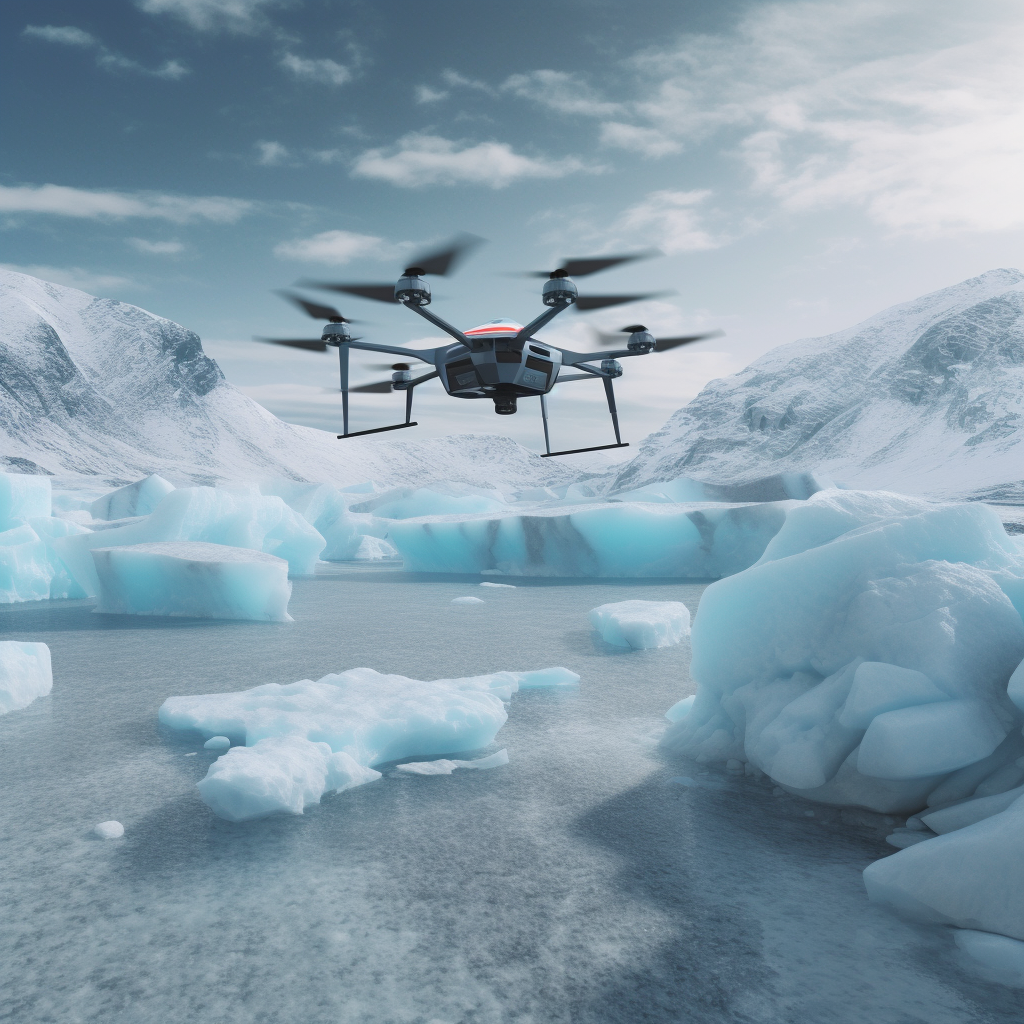February 5, 2024
The Role of Autonomous Drones in Climate Change Research and Sustainability
Book a Demo
Autonomous drones are now at the forefront of scientific exploration and research in the most inhospitable regions of our planet. A prime example of this is their use in Antarctica, where they are being deployed by scientists and engineers to help improve predictions about the impacts of climate change. The drones will be tasked with mapping areas under an Antarctic ice sheet, which will help estimate the rate of ice melting and its contribution to global sea-level rise.
The unforgiving environment of Antarctica poses significant challenges to traditional crewed planes. Severe weather and logistical issues often limit the extent of scientific exploration that can be carried out. However, the use of autonomous drones is addressing these issues, providing a more efficient and sustainable solution to Antarctic exploration.
One of the key advantages of drone usage is a significant reduction in environmental impact. These autonomous flying machines consume only 10 barrels of fuel, a stark contrast to the typical 200 barrels required for traditional research flights. This shift towards more sustainable methods of exploration not only benefits the environment but also aligns with the global push towards more eco-friendly practices in all areas of life.
The British Antarctic Survey’s (BAS) Rothera Research Station is currently testing pilotless drones for scientific research purposes. The drones being used are Windracers Ultra UAVs, capable of carrying up to 100kg of cargo or sensors up to 1,000km. These drones are equipped with a sophisticated autopilot system and AI-driven Swarm technology.
The potential applications for these drones are vast. They could be used for marine ecosystem surveys and glacier studies, reducing CO2 emissions by approximately 90%. This could dramatically decrease the carbon footprint of Antarctic research, paving the way for more sustainable scientific exploration in the future.
The project is funded by Innovate UK’s Future Flight 3 Challenge, which aligns perfectly with BAS’s plans to automate its science platforms and reach net zero carbon emissions by 2040. As we continue to grapple with the challenges posed by climate change, innovative solutions like these autonomous drones are set to play a crucial role in our understanding and mitigation of its impacts.
Science4Data is committed to cut through greenwashing and measure real impact. Join the journey to a sustainable future. Your actions matter.



